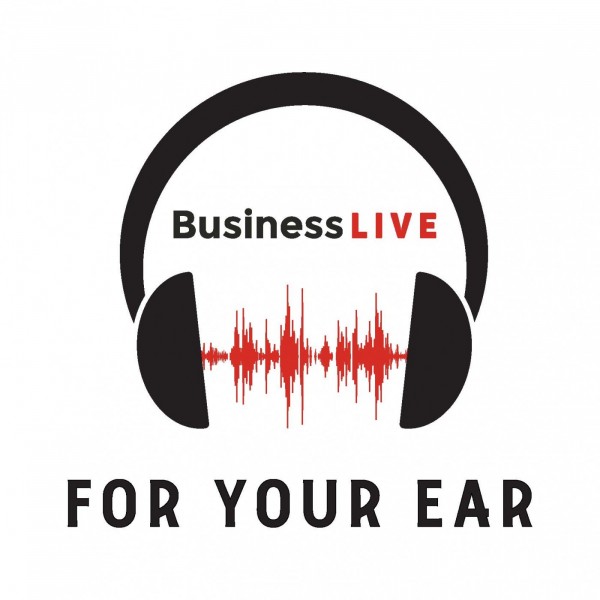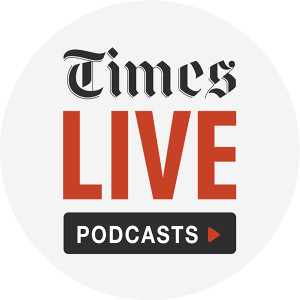
No plan yet to use negative rates, says Bank of England
Loading player...
London — Britain’s central bank sees no immediate case to cut interest rates below zero, it said on Thursday as it warned the economy would take longer to recover from its Covid slump than it previously forecast.
Unemployment is likely to almost double by the end of this year, the Bank of England (BoE) said.
“There are some very hard yards, to borrow a rugby phrase, to come,” governor Andrew Bailey said. “And, frankly, we are ready to act should that be needed.”
On negative rates, which are already used by the European Central Bank and the Bank of Japan, Bailey said: “They are part of our toolbox ... But at the moment we do not have a plan to use them.”
The BoE cut interest rates to just 0.1% in March and expanded its bond-buying plan to almost $1-trillion.
On Thursday, its nine policymakers all voted for no policy changes as they sketched out a slow path to recovery. The BoE said the economy would not recover its pre-pandemic size until the end of 2021, slightly later than its previous estimate.
But the BoE’s shorter-term projections are less grim. While unemployment is expected to peak at 7.5% at the end of 2020, that is lower than its previous estimate of just under 10%.
A 9.5% drop in the overall economy this year would be the worst performance in 99 years but less severe than a 14% plunge in the May scenario.
Sterling hit its highest level against the dollar in five months.
“Overall, the BoE’s economic outlook is relatively less dovish than expected and the absence of a strong signal in favour of negative rates opens the door for further pound gains in the near term,” Mitsubishi UFJ analysts told clients.
British government bond yields rose as the BoE confirmed a further slowdown in the pace of bond purchases. It said it would buy £4.419bn of gilts weekly until December 16, down from £6.9bn now.
Lukewarm
The economy might need more help as it struggles to cope with the novel coronavirus and the end of a Brexit transition period on January 1, potentially with no new EU trade deal.
“With unemployment set to rise as furlough unwinds and double trouble from Brexit and Covid, we expect a change of course and further easing in the end,” Morgan Stanley economists Jacob Nell and Bruna Skarica said.
Most economists polled by ...
Unemployment is likely to almost double by the end of this year, the Bank of England (BoE) said.
“There are some very hard yards, to borrow a rugby phrase, to come,” governor Andrew Bailey said. “And, frankly, we are ready to act should that be needed.”
On negative rates, which are already used by the European Central Bank and the Bank of Japan, Bailey said: “They are part of our toolbox ... But at the moment we do not have a plan to use them.”
The BoE cut interest rates to just 0.1% in March and expanded its bond-buying plan to almost $1-trillion.
On Thursday, its nine policymakers all voted for no policy changes as they sketched out a slow path to recovery. The BoE said the economy would not recover its pre-pandemic size until the end of 2021, slightly later than its previous estimate.
But the BoE’s shorter-term projections are less grim. While unemployment is expected to peak at 7.5% at the end of 2020, that is lower than its previous estimate of just under 10%.
A 9.5% drop in the overall economy this year would be the worst performance in 99 years but less severe than a 14% plunge in the May scenario.
Sterling hit its highest level against the dollar in five months.
“Overall, the BoE’s economic outlook is relatively less dovish than expected and the absence of a strong signal in favour of negative rates opens the door for further pound gains in the near term,” Mitsubishi UFJ analysts told clients.
British government bond yields rose as the BoE confirmed a further slowdown in the pace of bond purchases. It said it would buy £4.419bn of gilts weekly until December 16, down from £6.9bn now.
Lukewarm
The economy might need more help as it struggles to cope with the novel coronavirus and the end of a Brexit transition period on January 1, potentially with no new EU trade deal.
“With unemployment set to rise as furlough unwinds and double trouble from Brexit and Covid, we expect a change of course and further easing in the end,” Morgan Stanley economists Jacob Nell and Bruna Skarica said.
Most economists polled by ...

